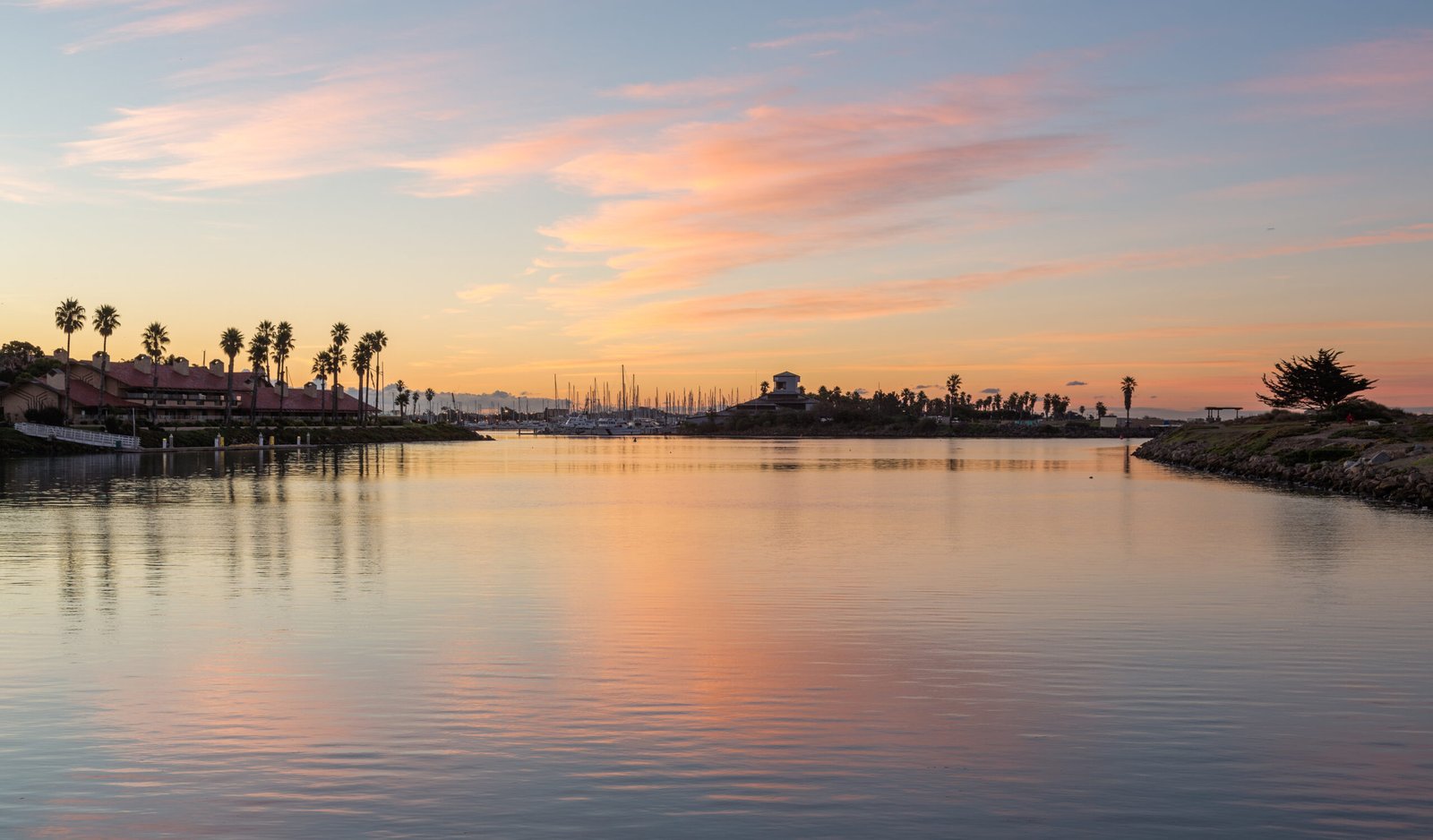NASSAU, BAHAMAS — Fishermen are concerned about the impact of major developments on their livelihood.
Director of the National Fisheries Association, Paul Maillis said that he is concerned about the government turning a ‘blind eye’ to certain developments and communities which seem to take precedence over the needs and betterment of the Bahamian people.
“There’s a second-class type of relationship, Bahamians are second class when dealing with these communities and so why do we continue to promote those types of developments, instead of seeking to try and allow regular Bahamians to invest directly?” Maillis said.
In the capital, a number of coastal developments have been constructed or upgraded over the last year, and as the country seeks to carry out more coastal developments like cruise ports, marinas, and beachfront resorts and residences, Mallis said the developments will not only impact fishermen but the entire Bahamian community.
“When you sell off an entire massive area of the coast to some private company, that is excluding everyday Bahamians from access to the fisheries, resources of that area, and then when you pile that on top of the developments of the juvenile nursery grounds, the mangroves, and the near shoal coral reef environments, you’re further exacerbating that problem,” he said.
Maillis continued: “Those (fishermen) aren’t the only people that matter because local residents on these islands matter too. Everyday regular Bahamians who aren’t fishermen but they want to have the opportunity to maybe one day go and take their son out spearfishing and to go on the rocks and catch grey snappers and muttonfish, those people are being deprived of the opportunities to have access to fisheries.”
Savannah Sound resident Julius Rankine said that his family, of subsistence and dayboat fishermen and others in the community have protected the sound from developments for decades.
“I’m 38 years old and from I was a little boy growing up I remember them talking about the fight that they had to fight against different homeowners in that area who were looking to dredge the sound, break coral reefs, bring in 40-foot Hatteras,” he said.
Rankine added that as a third-generation bone fisherman this is the first time he has witnessed the clearing of land, and in particular the removal of red mangroves, on the coast close to where his family has built their livelihood.
“I wish that this could have been televised because it is so important to watch how the little people endure something that they cannot do anything about,” he said.
“And this is going to change the sound as I know it forever, it’ll never again be the same.”
Aside from being a fisherman, Rankine is also an entrepreneur who does boat tours in the sound which, according to him, is thriving with marine life.
Rankine said: “It pains me to my heart to know that it seems like the government isn’t doing a thing about it. […] Knowing that I could tell my wife hey put on a pot of white rice and make a salad and I can go into the mangroves and bring a big mutton-snapper a grey snapper, conchs around the mangrove area, things like that to feed your family, knowing that they are taking that stuff away that sound in that particular area will never ever be the same.”
He added that if developers are able to alter the way the sound is naturally constructed, by cutting and dredging he and his family can no longer live there because their homes are built 20 feet away from the water.
“It’s bad enough the way it is during a hurricane like I’m talking three men having to spend the better part of an hour pushing against a sliding door so it doesn’t blow in, waves coming up as high as the windows in the house and that’s just the way it is now, so imagine digging that sound where it’s deeper.”
Although Rankaine said that he has nothing against developers providing jobs, he urges people to think about the jobs that are ruined because of developments.
“I think a lot of times people would have gotten it twisted that we are against development. No, not at all, it’s just that you can’t ruin our natural resources to make a couple of dollars on the side, that doesn’t make sense to me.”
The bone fisherman added that he’s observed construction over the last two months from 7am in the morning to 11pm at night and he wants the government to listen to the voices in the community who will be at a disadvantage.
“It’s not just about providing jobs in the future, it’s about jobs that you’re going to ruin now,” he said.






